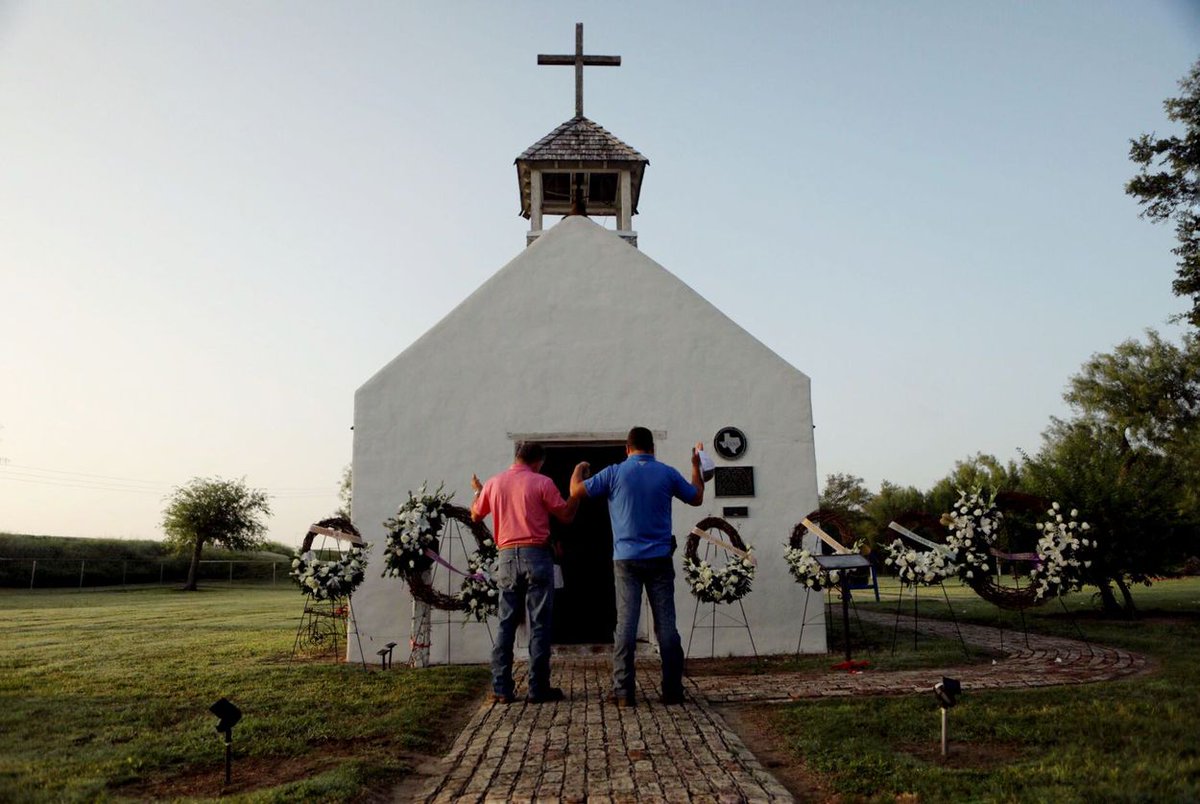Óscar Alberto Martínez Ramírez and his daughter Valeria weren’t the only ones.
The Missing Migrants Project has recorded 29 deaths in June on the Texas side of the Rio Grande.
bit.ly/2XhjKWv
His name was Natividad Quinto Crisostomo.
He is the ninth person to drown in an El Paso-area canal this month. 11 drowned in all of 2018.
bit.ly/2XhjKWv
Two of the children were infants. One was a toddler.
It appeared they died from dehydration and heat exposure.
bit.ly/2XhjKWv
Two bodies on different days in a canal. Three men in a water tunnel. The body of a man in the Upper Valley.
We don’t know their names.
bit.ly/2XhjKWv
Simply put: Many migrants view it as more dangerous to stay home.
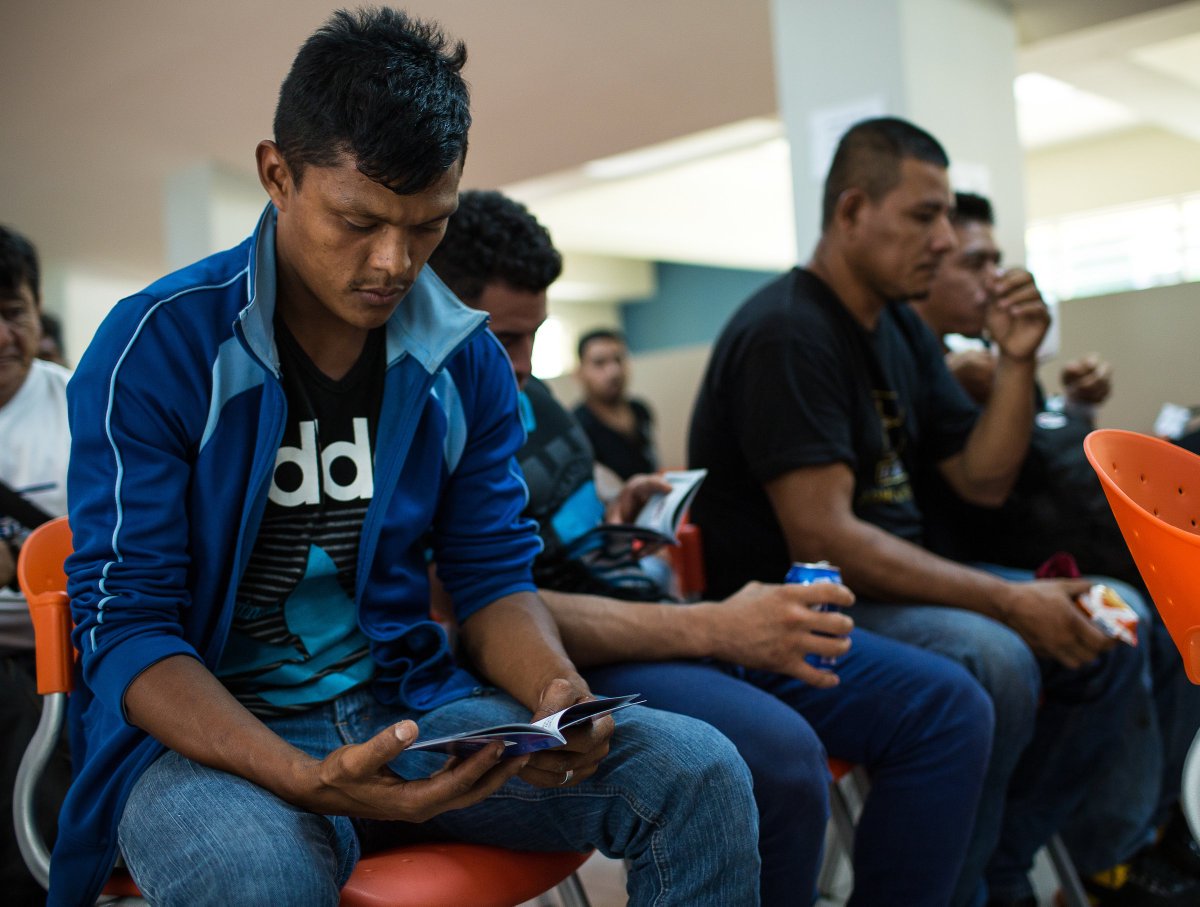
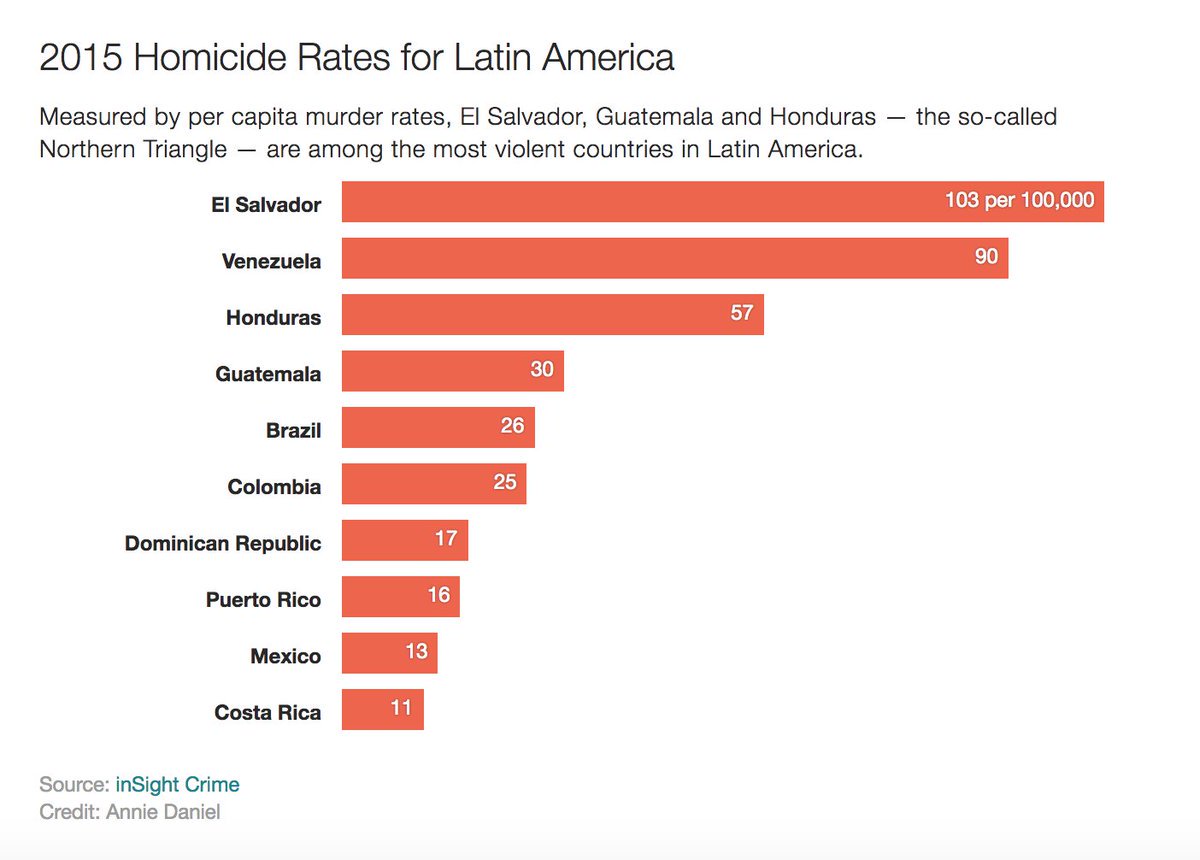
They told us then they were running out of room. bit.ly/2CUCNHF
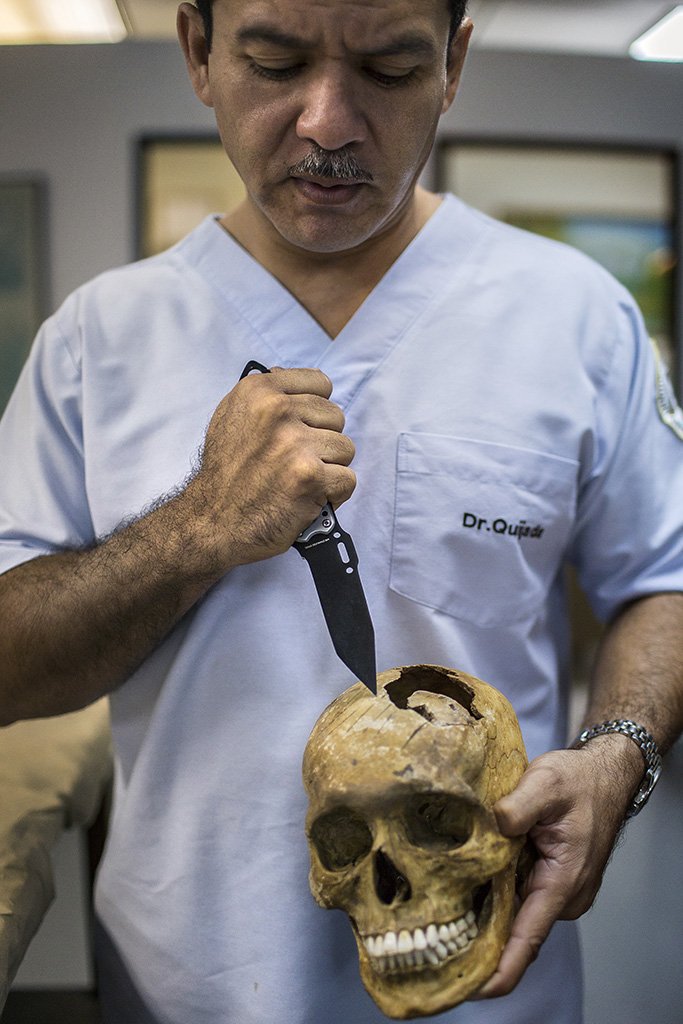
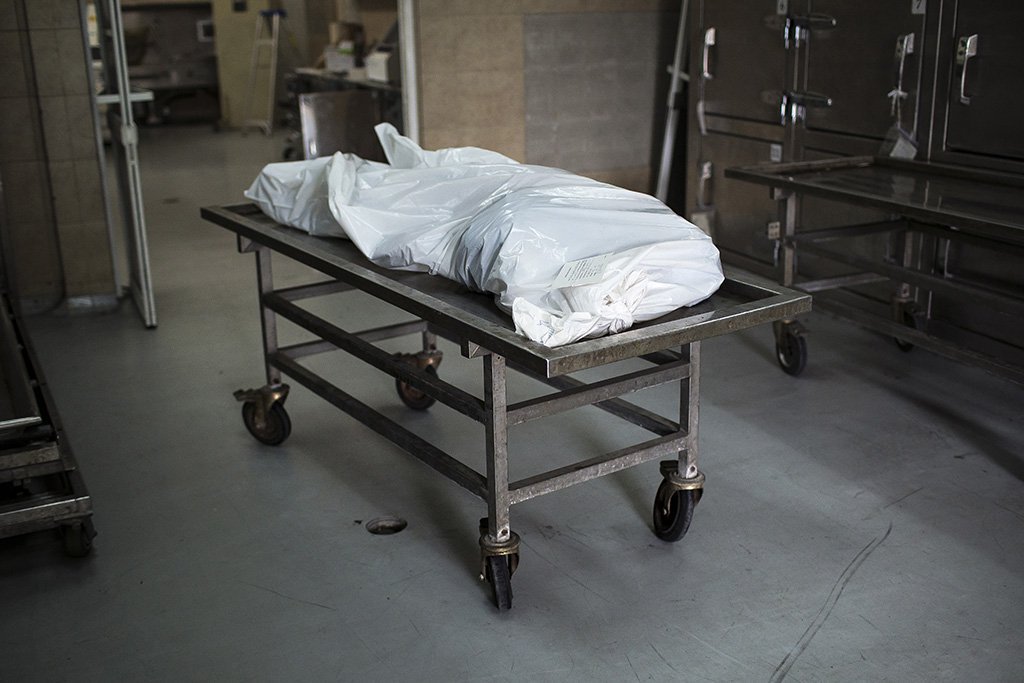
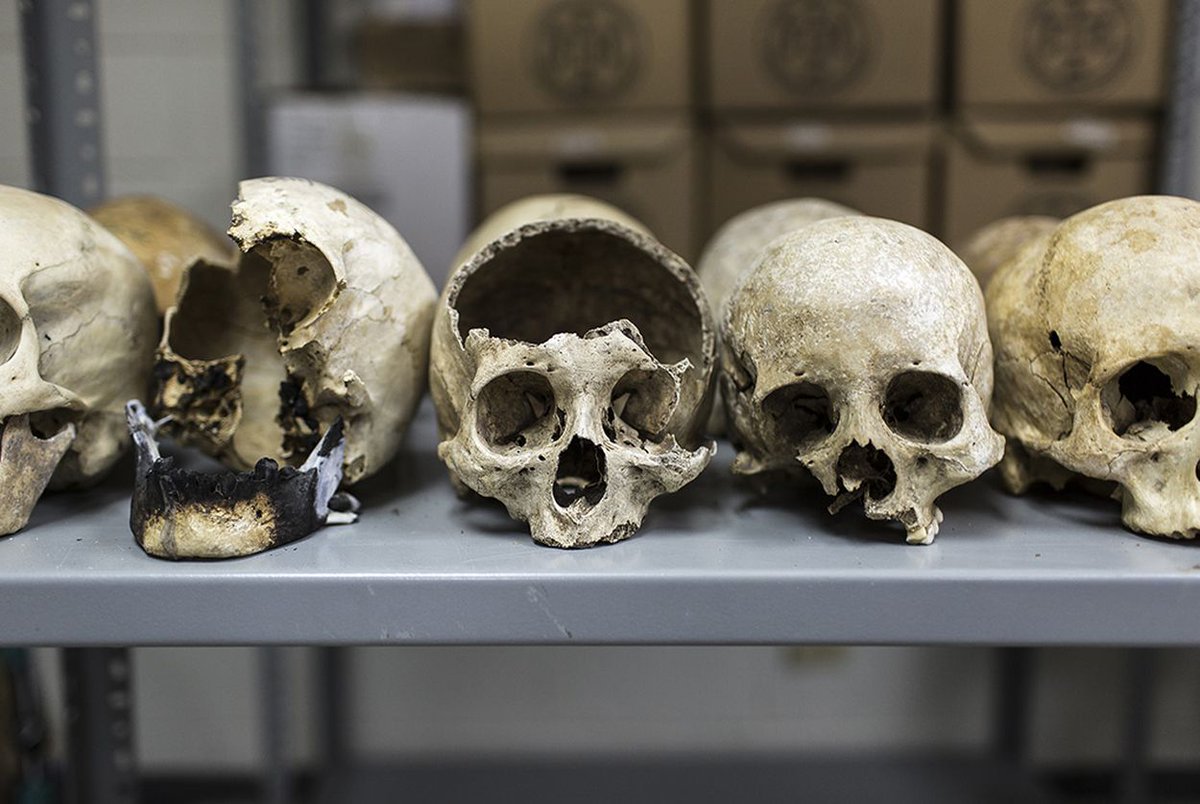
"They killed my brother right in front of us. They killed him because he didn’t want to be a gang member." bit.ly/2CVTFOA
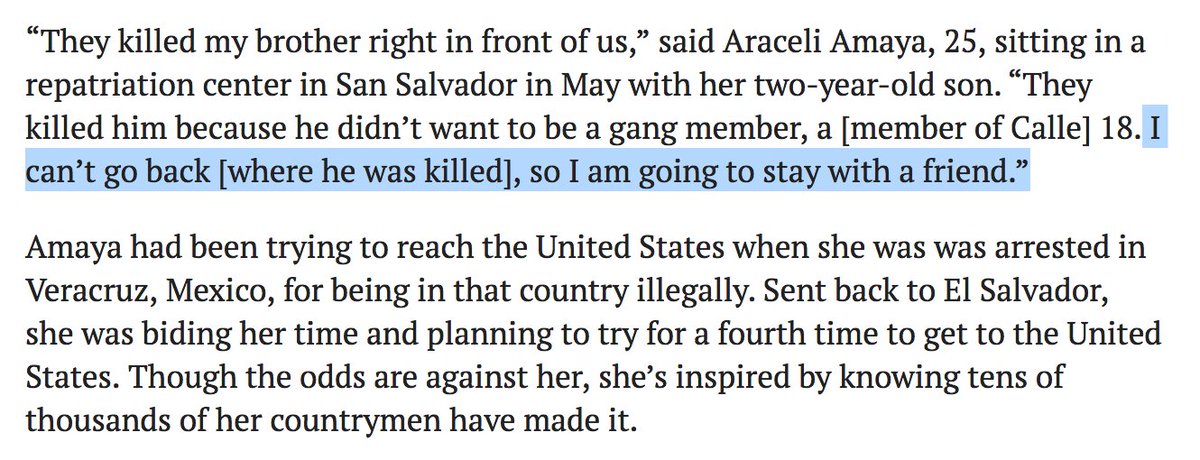
“The fact that I talked to the police about him — that was like a death sentence on me. The guy already wanted to kill me.”
bit.ly/2CURPgC
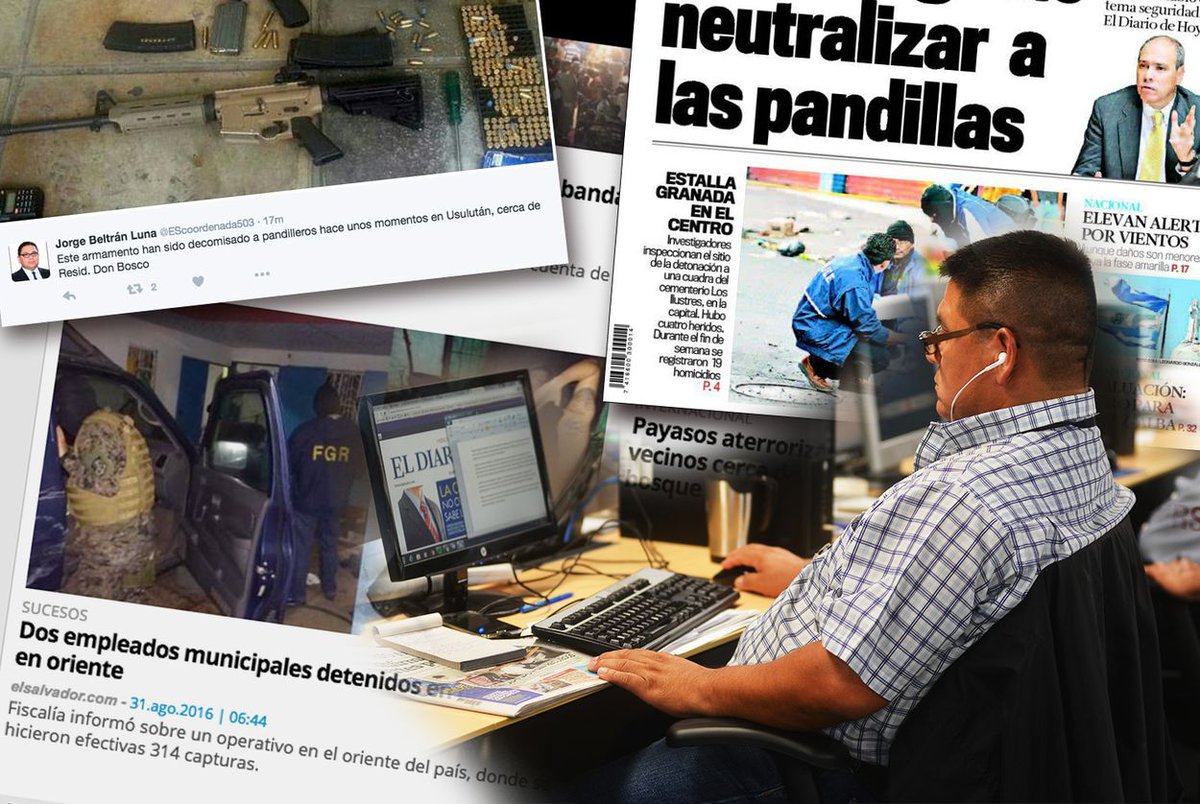
The journey itself is full of dangers.
This father and daughter endured last year’s border crisis while spending thousands and risking their lives to journey from Honduras to the U.S.
bit.ly/2ETV2QZ

Back to San Francisco de la Paz in Honduras. bit.ly/2ETV2QZ
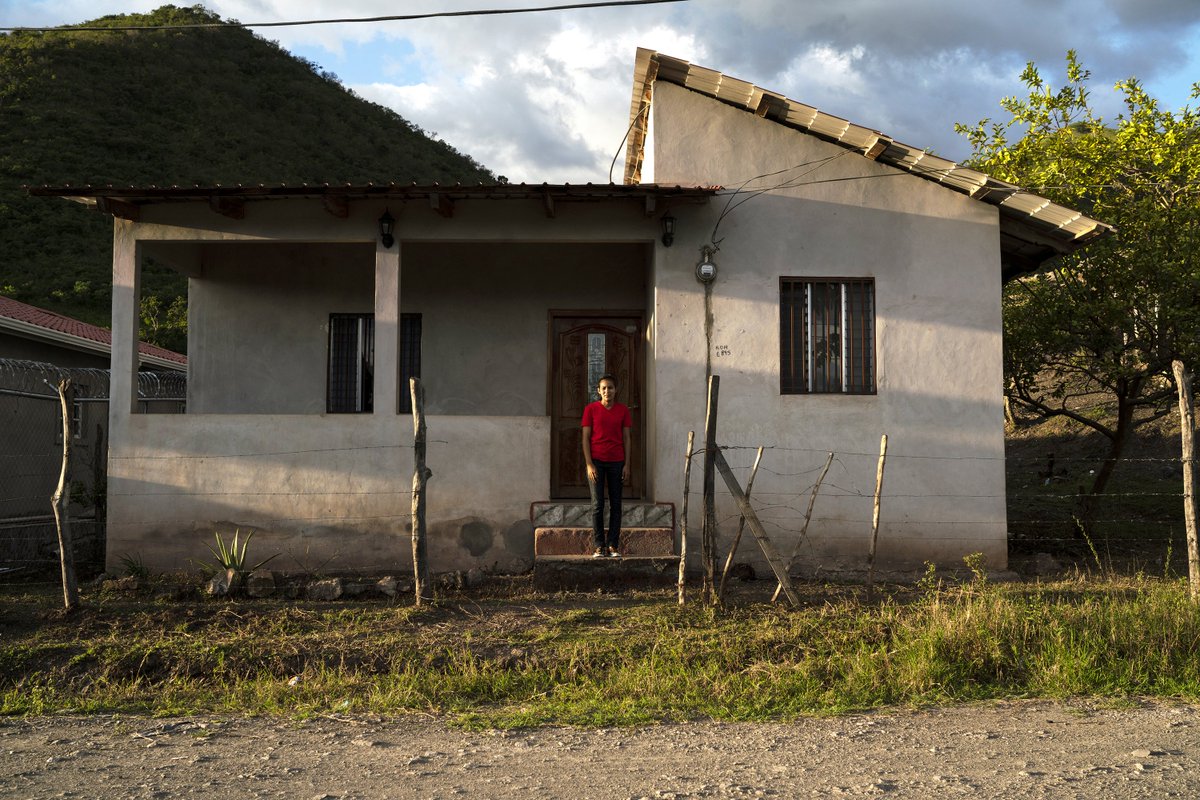
Meanwhile, street violence has made Honduras a global murder capital.
bit.ly/2ETV2QZ
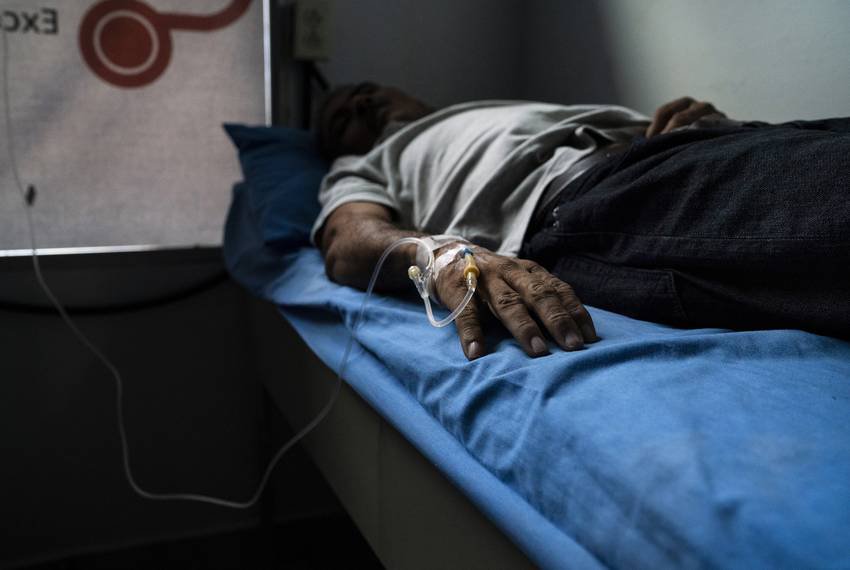
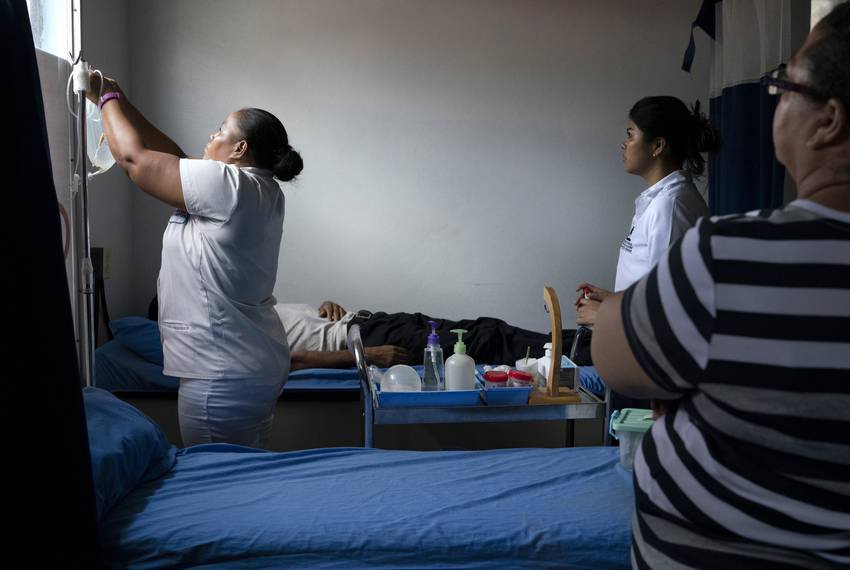
Smugglers are cheaper to hire if you bring your kid. bit.ly/2ETV2QZ
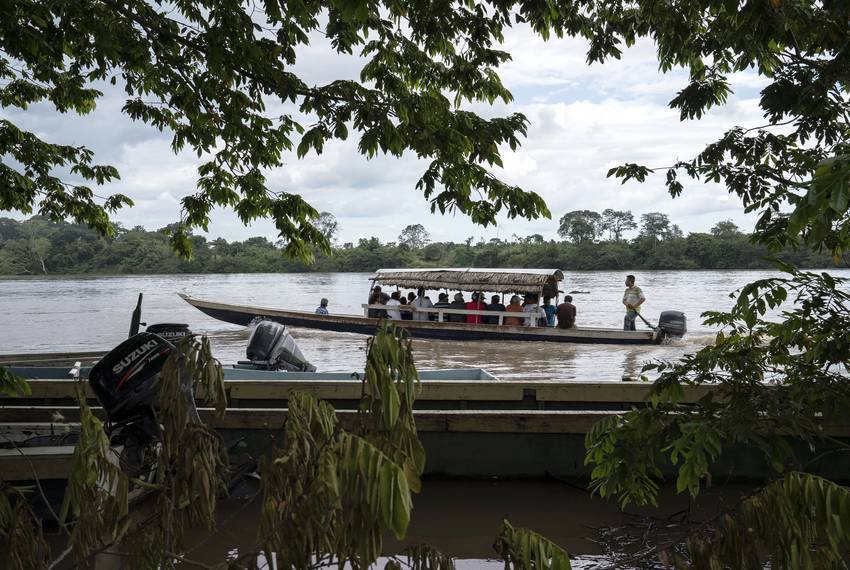
+ $10,000 for an adult driven to Houston
+ $7,500 for an adult to reach Houston, with a walking detour
+ $6,000 for a parent & child who get dropped off on the U.S. riverbank, where they immediately seek asylum
bit.ly/2ETV2QZ
It drastically reduces the cost and hassle of reaching the U.S. interior. bit.ly/2ETV2QZ
So, the smuggler offered to take them on credit, collateralized with land from a relative. bit.ly/2ETV2QZ
The cartel relies on human smuggling to make up for the loss of drug profits.
Migrant smuggling generated billions of dollars of returns worldwide in 2016 — with a majority of that happening in North America. bit.ly/2ETV2QZ
First, they traveled freely through Guatemala to La Técnica, where as many as 300 migrants a day pass through.
It is a one-industry town — and its industry is migration. bit.ly/2ETV2QZ
The next day, they were in a two-story stash house where mattresses covered every inch of the floor. bit.ly/2ETV2QZ
Only then was Carlos allowed to enter the United States with his daughter.
Then they were separated. It took them months to be reunited.
bit.ly/2ETV2QZ

This journey is dangerous. But for many of these migrants, so is home.
Read more here: bit.ly/2LwytWa
